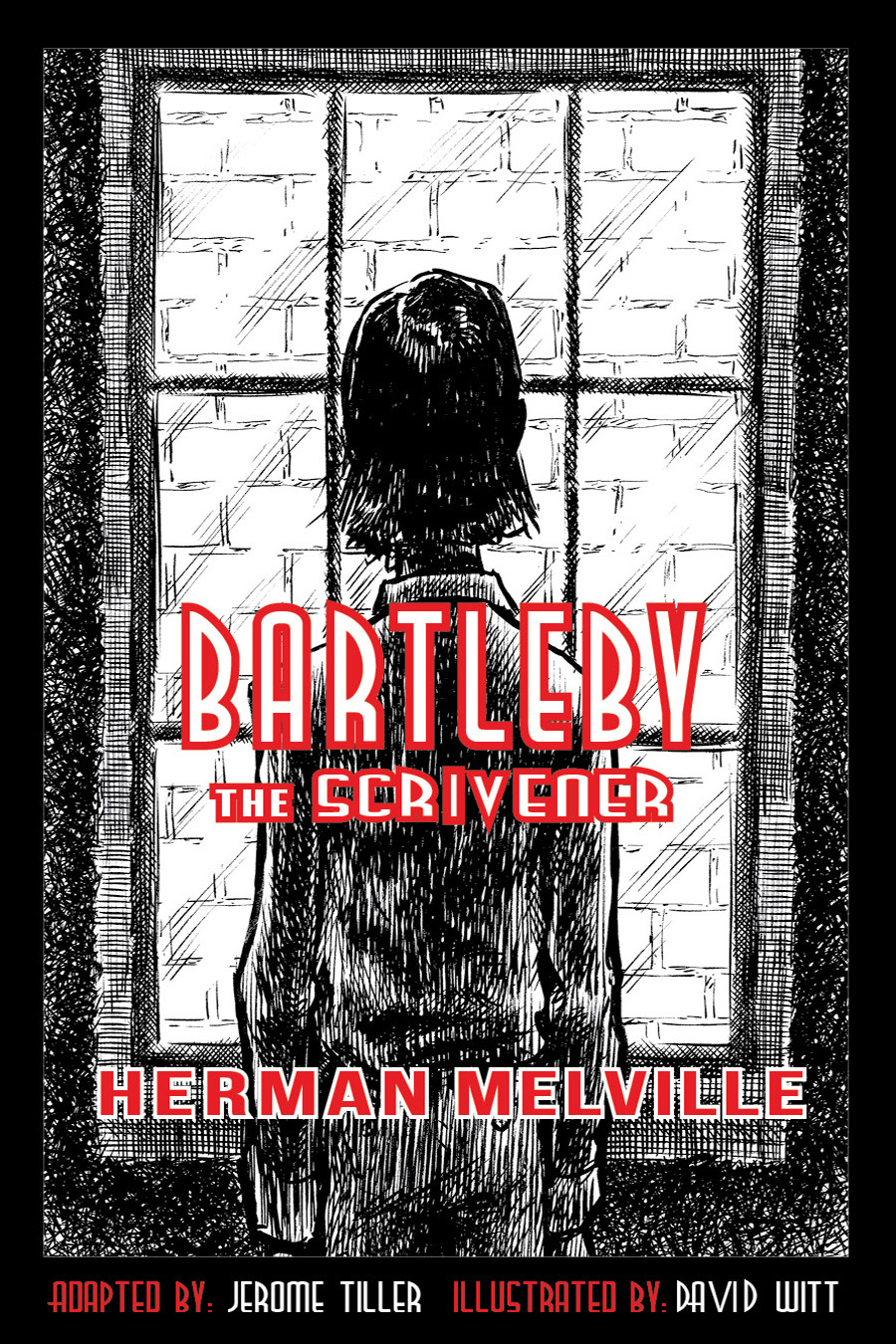Liam O'Neil
You can make young boys want to read

The facts are clear: in every state, and undoubtedly every grade, boys are trailing behind girls in reading. The National Assessment of Education Progress measures reading skills at ages 9, 13, and 17. It shows boys’ reading skills consistently lag behind girls from the early grades through high school, with the largest gap in high school. While boys today have many more alternatives to books than they did in the past — including video games, television, and social media — experts say their lack of enthusiasm for reading is not new. Long ago John Locke, the noted philosopher of the Enlightenment era, lamented that male students were not able to write as well as female students. He also noted how much more easily girls picked up foreign languages.
Was "Irish" a sucker?

It seems odd, from my perspective, that Donn Byrne doesn’t mention the person who managed “Irish” in this story about a young boxer. Sure, he mentions corner men, but who was the manager? Byrne tells us that “Irish” was a talented young fighter on the rise who took a fight he didn’t believe he was prepared for, a fight he didn’t believe he could win. He also tells us the fight was held on the big stage in New York City—Madison Square Garden. Does any unmanaged boxer ever fight there, even back in the day? So was “Irish” a sucker? Was he betrayed by a manager on the take?
Bartleby and Individualism

Bartleby was an individualist who was hired to copy law documents and to model a calm demeanor that hopefully his co-workers would emulate. Bartleby calmly did these things very well, but only briefly, for he quickly preferred not to copy law documents and, being an individualist who acted in line with his preferences, he would not. Bartleby was seemingly endowed with his calm demeanor and evidently always conformed with this gift, probably by not preferring to be anybody but himself, for his calm demeanor never varied. Yet that quality proved entirely worthless to his employer—it lost all its modeling value when Bartleby refused to work.
"Irish" Donn Byrne

Adapted Classics presents two human interest stories by Irish author Donn Byrne. Both stories are about professional boxers who fight opponents in the ring while simultaneously battling psychological demons within themselves. “Irish” follows a popular, young boxer on the rise who knowingly risks his spotless record by taking a match he believes unwinnable for money he needed to support to his unappreciative, delusional father. The second story, A Man’s Game, tells of an aging boxing champion who is harassed by his conscience in the ring for accepting a match he didn’t want and an outcome he couldn’t abide for bribe money he would use to advance his son’s education. The fighting scenes in these stories are vividly described, partly owing to Donn Byrne’s experience as an amateur boxer who attained the lightweight championship while attending Trinity College in Dublin, Ireland.
Patriotism
It is beyond dispute that Leo Tolstoy scorned all manner of institutional authority. Each of the three stories in Tolstoy Illustrated hint at different aspects of his disdain, a point-of-view he broadened in other writing to include all conceivable feelings and attitudes that institutions transmit to adherents or victims under their influence or control. In this lightly edited and greatly truncated version of Patriotism and Government, an article he wrote in 1900, here’s what Mr. Tolstoy thought about one such feeling—patriotism.
Tolstoy Illustrated
Tolstoy Illustrated: Three Stories by Leo Tolstoy contains three illustrated fables adapted by Leo Tolstoy, then adapted once again by me for the purpose of fitting them with illustrations. Tolstoy adapted these and many other moral fables hoping to convert readers, especially young readers, to genuine Christianity. This was the motive behind most of his literary work from about the age of 50 until the age of 75. Of course, to be honest, as time has played out, he would doubtlessly be gravely disappointed to know how little affect his writing would have inspiring such conversion.


